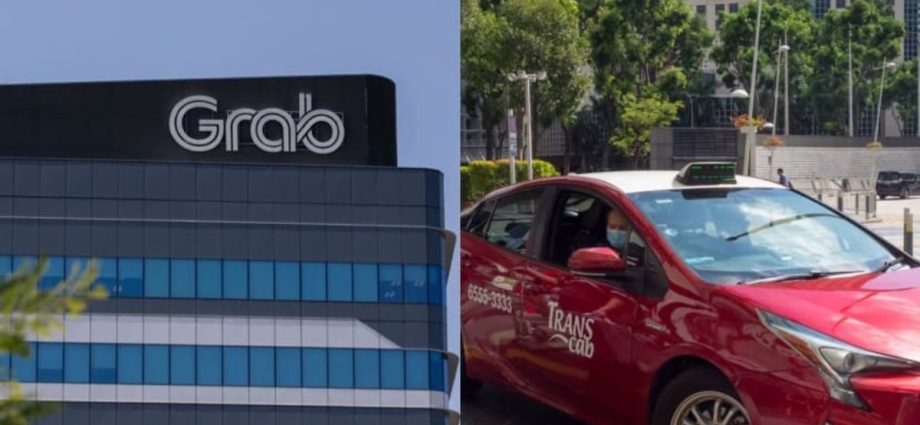
Grab and Trans-cab have argued that the acquisition will not result in a substantial lessening of competition, citing “minimal overlaps” between them; a lack of prohibitive barriers to entry; and a highly fragmented and competitive rental market.
On Oct 31, 2023, Grab proposed some commitments to address the competition concerns identified by CCCS.
“CCCS reviewed the commitments proposal and found that, without the benefit of an in-depth review, it was unable to conclude that the commitments proposal adequately addressed the competition concerns CCCS identified,” said the watchdog on Wednesday.
“For example, it did not adequately address the concern that the proposed acquisition may give Grab the ability and incentive to leverage its ownership of the Trans-cab fleet to induce Trans-cab drivers to use Grab’s ride-hail platform, whilst discouraging them from using rival ride-hail platforms.”
The tech firm’s proposed commitment duration of two years, as well as their self-policing monitoring mechanism, were also deemed to be insufficient, said CCCS, adding that Grab was informed on Nov 24, 2023 that it could not accept the proposal.
Grab had argued that the merger would ultimately benefit customers and improve driver earnings.
“Digitalising Trans-cab’s fleet will improve driver productivity and taxi availability so that consumers can get a ride more easily,” Grab said in October.
The company also said that Trans-cab drivers will still have the option of being on multiple ride-hailing platforms and pick up street hail rides.

